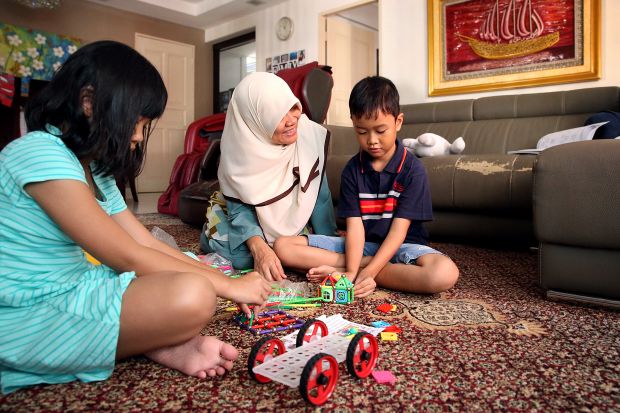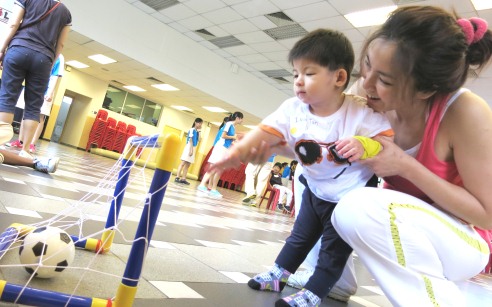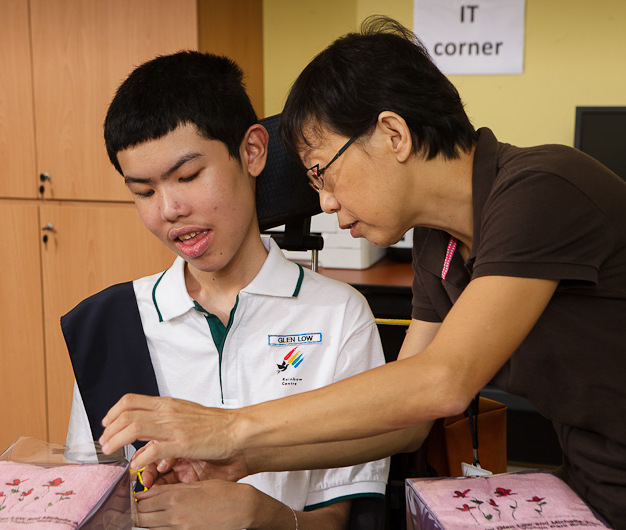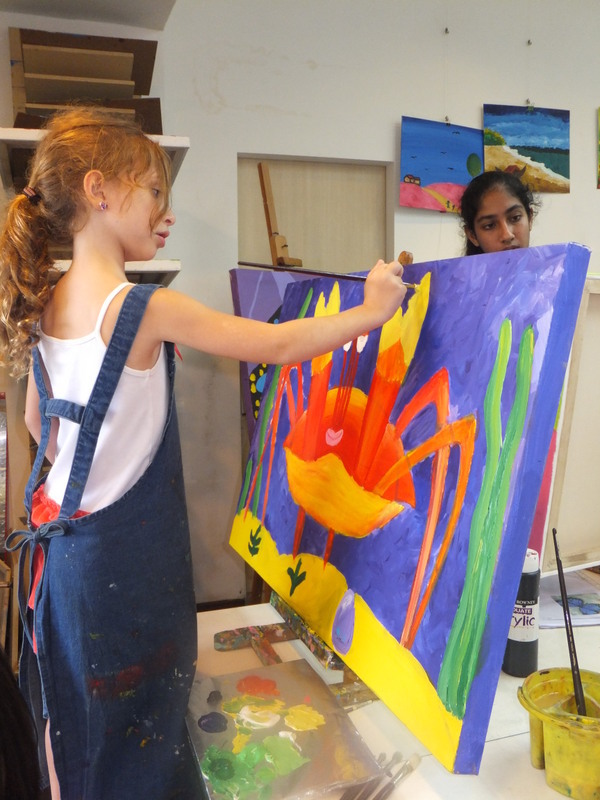In a revolutionary move, Singapore government has decided that children with special needs will be given compulsory education in the direction that society can become more inclusive. All children with special needs who are above six years old and below fifteen years of age will have to attend school starting from 2019. This was revealed by Minister of Education ( Schools) Ng Chee Meng.
In the present times children with moderate to severe special needs are exempt from compulsory education. However, these children will be included under the Compulsory Education Act starting from the Primary 1 registration exercise in 2018 for the 2019 cohort.
All Singaporean children of school-going age are required to regularly attend a national primary school, unless they were granted an exemption due to physical or intellectual disabilities, or if they attend a designated school such as a madrasah, NorthLight School or Assumption Pathway School, or are home-schooled.
Ministry of Education (MOE) has informed “ There are about 1,770 children per cohort with special education needs. About 75 per cent of them have mild special needs like Attention Deficit Hyperactivity Disorder (ADHD) and dyslexia, and attend mainstream schools. They are not exempted under the Compulsory Education Act.
The remaining 25 per cent – about 400 children per cohort – have moderate to severe conditions like visual impairment, autism or multiple disabilities, and are exempted under the Act. According to MOE, the majority of them attend Government-funded special education (SPED) schools run by voluntary welfare organisations.
But 10 per cent of them, or about 40 children, do not go to SPED schools for various reasons, said MOE. They could be home-schooled, enrolled in private education institutions or are unable to attend due to physical or intellectual disabilities.
However, with the change, all children with moderate to severe special needs will be required to attend the primary-level sections of specified SPED schools. Exemptions will still be considered, but on a case-by-case basis, the ministry said.
Ministry of Education said that decision is part of the Government’s ongoing efforts to build a more inclusive society. “While parents are primarily responsible for ensuring that children attend school, the Government is also committed to providing school places and opportunities for learning for all Singaporean children,” it said.
Speaking at a special education conference, Mr Ng described the change as “a significant milestone” in Singapore’s "continuing drive towards national inclusiveness". But he added that the Government is mindful of the challenges given the "sheer diversity and complexity of the special needs landscape".
He said: "There will continue to be a small group of children with serious conditions who will not be able to attend school, or whose parents may still prefer to teach at home. We will need to work out exemption processes for this group to ensure their interests and welfare are safeguarded.
"But the overall policy intent is clear, as is our determination to facilitate what will be in the best interests of our children.”
Mr Ng said that MOE will appoint an advisory panel chaired by Minister of State for Education Janil Puthucheary to recommend how to implement the change.
The panel members will have in-depth professional expertise in supporting children with special education needs, and could include those in the public healthcare sector, school leadership and voluntary welfare organisations.






